Introduction to Fuel Tank Float Valves
Fuel tank float valves are essential components in managing the flow and level of liquids within tanks. These valves are pivotal in various applications, from vehicles to industrial machinery, ensuring that fuel levels are maintained and regulated effectively. This introduction delves into the types, applications, and features of fuel tank float valves, providing a comprehensive understanding of their functionality and importance.
Types and Applications
The fuel tank float valve category encompasses a range of valves including diesel tank float valves and fuel float valves. Each type is tailored to specific applications, such as maintaining the correct level of fuel in a generator's tank or controlling the fuel supply in automotive systems. In industrial settings, fuel tank ball valves are commonly used for their robustness and reliability in heavy-duty applications.
Features and Materials
Fuel tank float valves are designed with precision to ensure consistent fuel management. They are typically constructed from materials resistant to fuels and chemicals, such as brass or stainless steel, to withstand harsh environments and provide longevity. Features may include adjustable arms for level control, and leak-proof designs to ensure the safety and efficiency of the system they serve.
Advantages of Using Specific Valves
Utilizing the correct type of fuel tank float valve can lead to numerous advantages. For instance, a fuel tank ball valve ensures a tight seal and is often favored for its ease of operation and maintenance. On the other hand, a diesel tank float valve is specifically designed to handle the density and properties of diesel fuel, providing precise control over the flow and preventing overflow or backflow.
Selection Considerations
When selecting a fuel tank float valve, it is crucial to consider the specific requirements of the application. Factors such as the type of fluid, pressure requirements, and environmental conditions play a significant role in determining the most suitable valve. It is important to assess the compatibility of the valve material with the fuel type to ensure optimal performance and durability.
Conclusion
In conclusion, fuel tank float valves are integral to the proper functioning of fuel storage and management systems. Whether for automotive, agricultural, or industrial applications, these valves ensure the safe and efficient operation of equipment. By understanding the various types and features of fuel tank float valves, buyers can make informed decisions to meet their specific needs without compromising on performance.

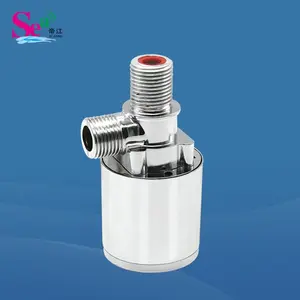
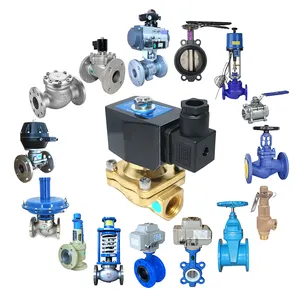



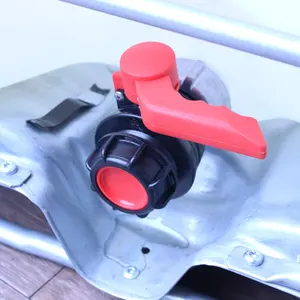

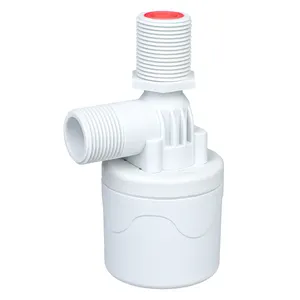








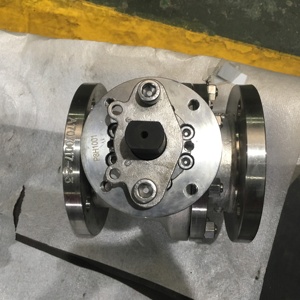

























 浙公网安备 33010002000092号
浙公网安备 33010002000092号 浙B2-20120091-4
浙B2-20120091-4